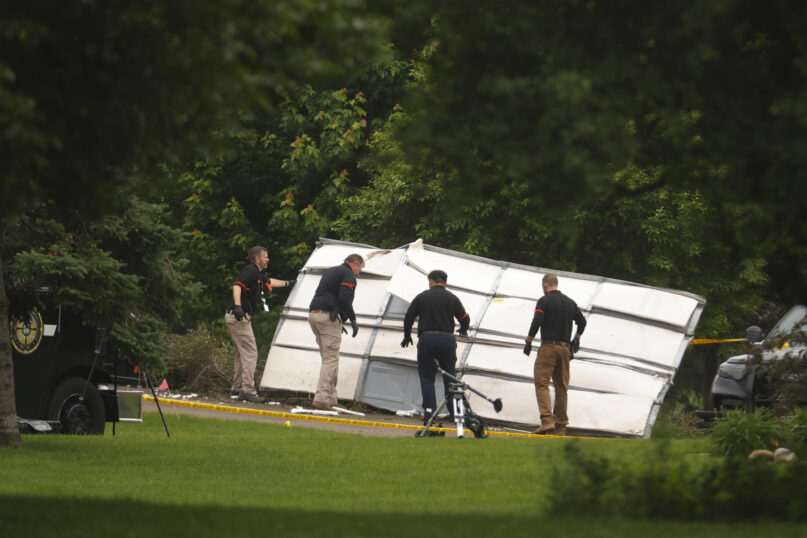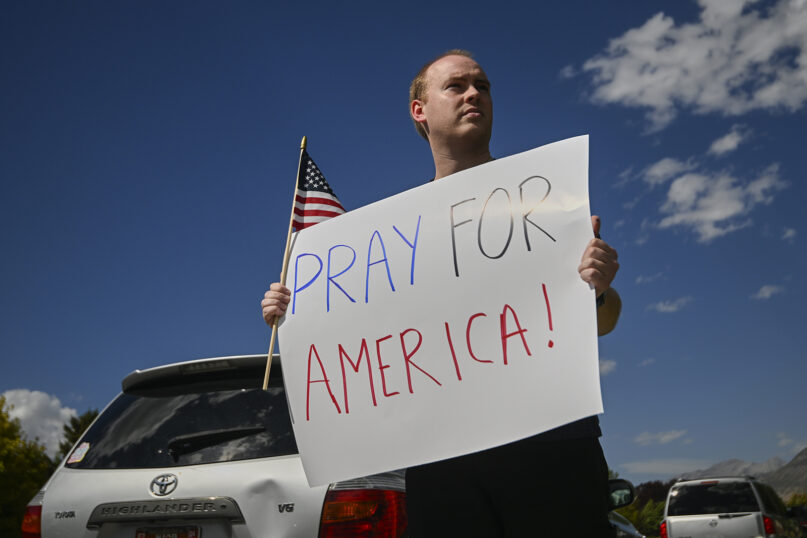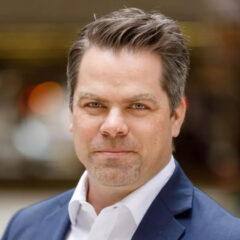(REGISTERED NURSES)– Despair and anxiety are in the land. The murder of Charlie Kirk at Utah Valley University and the targeted shootings of Minnesota legislators and their family members in June are not detached disasters. They belong to a widening pattern: politics cleared up with bullets instead of principled persuasion, argument paving the way to scare tactics and difference moving right into dehumanization.
Utah Gov. Spencer Cox placed it bluntly:”Our country is broken. We had political assassinations just recently in Minnesota. We had a tried assassination on the guv of Pennsylvania. And we had an attempted assassination on a governmental candidate and former head of state of the USA and currently existing head of state. Nothing I state can unify us as a country. Absolutely nothing I can claim today can fix what is broken. Nothing I can claim can revive Charlie Kirk.”
Yes. And, together with sorrow comes a phone call to bear in mind and safeguard the initial liberties on which this country relaxes: freedom of speech, freedom of journalism, civil liberty, flexibility of assembly and the right to request the federal government for redress of complaints. These are not abstractions. They are living guarantees that enable us to live together with differences that would certainly otherwise destroy us.
Background has actually shown us that these flexibilities are not unpreventable, but incredibly delicate. Athens, the birth place of democracy, dropped when divergent quarrel transformed citizens into adversaries. Throughout Italy’s Years of Lead from the 1960 s to 1980 s, bombings and assassinations from much left and far right residential terrorists burrowed public depend on. Colombia’s La Violencia and South Africa’s racism years advise us that when physical violence reigns, pluralism dies first. Physical violence is the woodchipper of freedom.
Think about Minnesota. On June 14, state Rep. Melissa Hortman, previous audio speaker of the Minnesota Legislature, and her spouse were killed in their home. That same morning, state Sen. John Hoffman and his better half were shot and critically wounded. A male posing as authorities targeted them, turning family members homes right into criminal activity scenes and compeling the biggest manhunt in state background. Minnesota Gov. Tim Walz called it what it was: targeted political physical violence.

Private investigators relocate debris from the home of Autonomous previous Residence Audio speaker Melissa Hortman and her husband, Mark, that were shot and eliminated previously in the day, June 14, 2025, in Brooklyn Park, Minn. (AP Photo/Bruce Kluckhohn)
And on Wednesday (Sept. 10 in Utah, Kirk was fatally shot midspeech at a college campus, a place for finding out and civic disagreement that ended up being a website of terror. The investigation right into Kirk’s assassin continues to unfold, but both Minnesota and Utah expose the exact same fact– that if we stop working to draw bright lines versus political violence, the rooms where we live, learn and lead will certainly be emptied of count on.
The American experiment has actually constantly been fragile. It has always called for guardians. Which is why, in the wake of physical violence, we should seek the helpers. And, we need to rededicate ourselves to nurturing our liberties– even for those with whom we differ.
Fred Rogers informed children to search for those that bring convenience in a tornado. Today, the helpers are those who stand in the public space safeguarding universities, recreation center, schools and havens as areas of safety. They reduced the temperature rather than elevating it, and safeguard flexibility even for those they mostly oppose.
Amanda Ripley, a journalist who researches “high problem,” cautions that when contempt changes dispute, rise really feels inevitable. Mónica Guzmán, a journalist and bridge-builder, uses curiosity as an alternative. Recovery begins with “one conversation, one person at once,” she keeps in mind, and by asking not just, “What do you think?” however “What worries you? What am I missing out on?”
The assistants are those that practice this discipline also when ridicule really feels simpler and a lot more righteous. While others run to criticize and condemn, helpers go to ask questions and seek understanding.

Joseph Vogl stands outside Timpanogos Regional Health Center on Sept. 10, 2025, in Orem, Utah.(AP Photo/Alex Goodlett)
We have a choice: to give up to outrage and conspiracy, or recommit to our initial flexibilities– a sacred autonomous commitment to one another. Freedom of expression issues just if we protect it for voices that unsettle us. Freedom of religion endures just if we protect the civil liberties of those who pray differently than us or otherwise in all. Freedom of assembly survives just if we see opponents not as enemies to be destroyed however as neighbors to be encouraged.
We have to sing songs of America’s very first flexibilities, not as nostalgia, yet as neighborliness– the collective work of each other, for each various other, for the typical good. It is among one of the most effective means to stand up to those that make use of concern for profit, power or clicks. Neighborliness is the response to the lie that violence is inescapable. It is the essence of the really motto of our nation: E pluribus unum — that despite our diverse and wide distinctions, we are in fact somehow, as citizens, one people.
Archbishop Desmond Tutu when said of South Africa’s terrible transition, “There is no future without mercy.” It was not belief, yet survival. America needs a comparable insistence today: no freedom without pluralism, no pluralism without nonviolence.

Adam Nicholas Phillips. (Picture thanks to Interfaith America)
(Adam Nicholas Phillips is Chief Executive Officer of Interfaith America. The views shared in this commentary do not necessarily show those of Faith Information Service.)